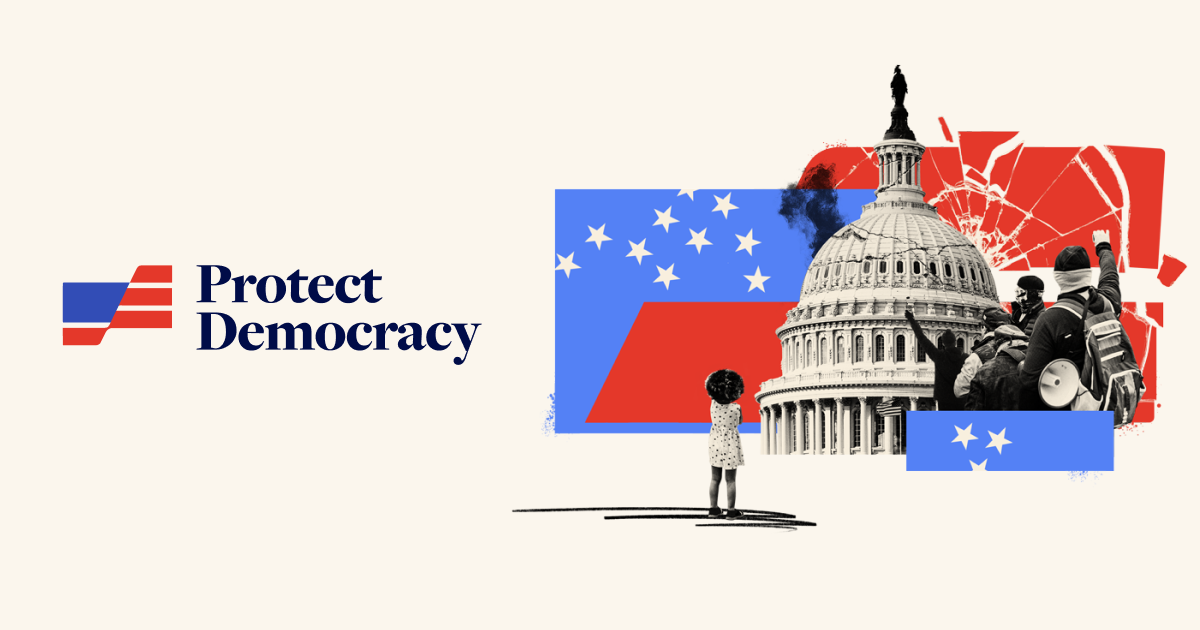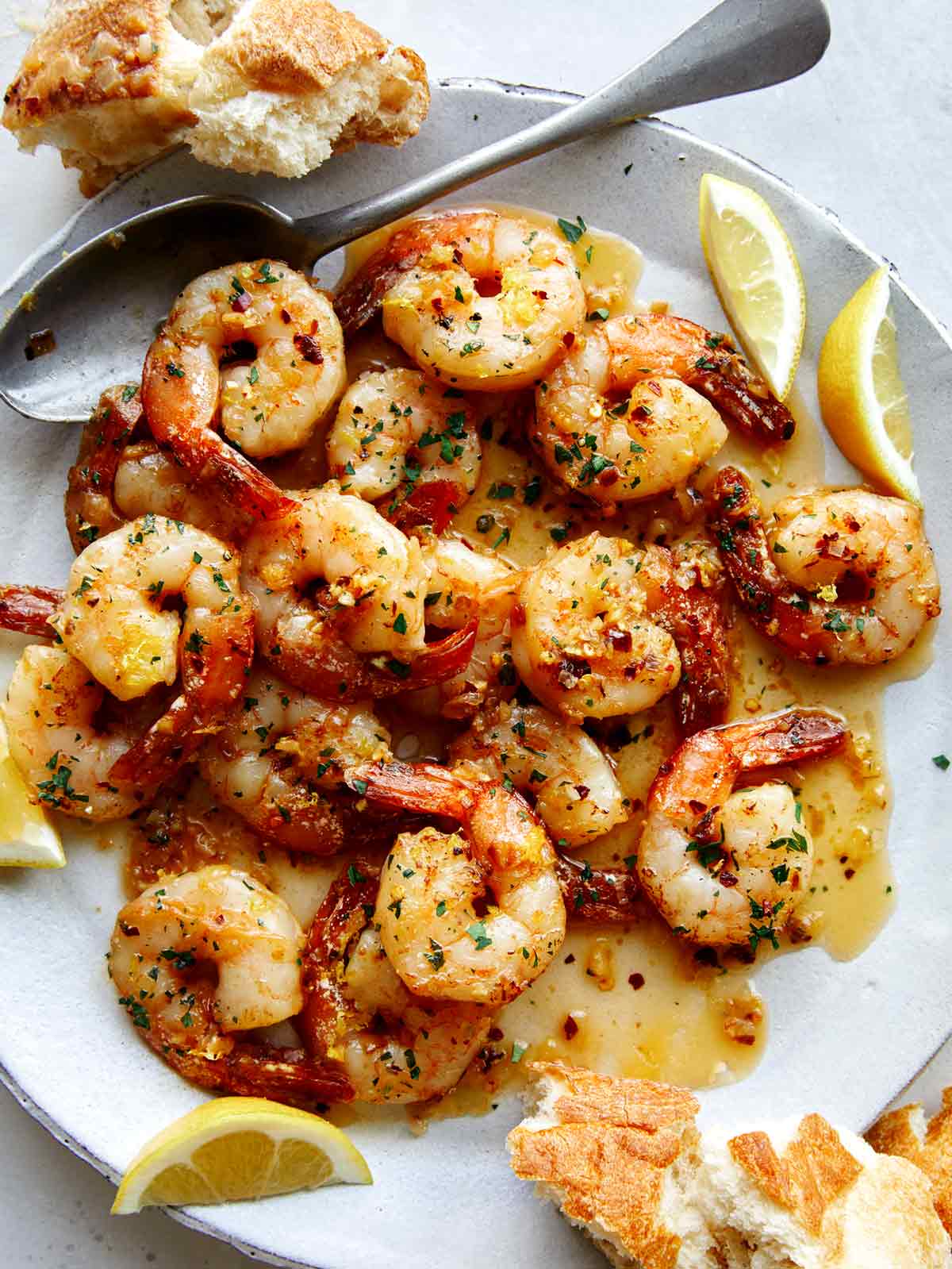Make Smuggling Great Again
Canada’s ultimate retaliation for Trump’s tariffs will be to turn ordinary Americans who cross the border to shop for cheaper goods into latter-day bootleggers.

President Donald Trump’s high-tariff regime will impose higher prices and lower growth on Americans. It will have another effect that nobody in the administration seems to have considered at all: a tsunami of smuggling.
In a few days’ time, every desirable consumer good will be dramatically more expensive in the United States than on world markets. Flat-screen TVs, athletic shoes, video-game equipment, even household basics such as coffee, toilet paper, and soy sauce—all will soon cost 20, 25, 35 percent more than they cost on world markets.
Trump has just opened perhaps the greatest arbitrage opportunity in the history of world trade. His effort to repeat the Smoot-Hawley tariffs of the 1930s will also replicate the cross-border bootlegging of alcohol during Prohibition.
From around the world, goods will flow to American black markets. That flow will overwhelm U.S. enforcement capability. Only about 26,000 officers in the Department of Homeland Security are charged with enforcing customs duties at borders, seaports, and airports. Policing flows of fentanyl has been difficult enough. But as abundant as fentanyl is, most Americans don’t buy it: It’s an extremely harmful product, trafficked by some of the world’s most vicious criminals, and most people rightly want nothing to do with it.
But not even the most fervent MAGA supporter will think it harmful to bargain-shop for free-trade underwear out of the back of a truck driven from Mexico or Canada. Nor will it be easy to motivate state and local police to raid the stalls and stands that will soon appear on the streets of American towns, let alone monitor the near-infinite quantity of transactions in online marketplaces such as eBay and Etsy.
Against the illegal fentanyl trade, Americans can seek the help of friendly countries. But why would any country help the United States enforce its unilateral trade aggression against the rest of the world? If European luxury brands, Asian electronics manufacturers, or Indian grocery chains suddenly open enormous outlet malls in Bermuda, the French and Dutch Caribbean islands, or Toronto and Vancouver, few local authorities will pay attention to the Trump administration’s objections.
In fact, those governments have every reason to help freedom-loving American citizens defeat the outrageous tariffs imposed on them. As angry as Canadians, for example, are with the U.S. government, they have no quarrel with the American people. And what better way to show friendship to Americans in a time of hardship than helping them drive home with a brand-new set of tires or replacement car battery at everyday low prices? On the way home, the cross-border American could enjoy a free-trade chocolate bar at free-trade prices.
A border-town retail explosion could offset some of the economic pain inflicted on Canadian workers laid off thanks to the Trump tariffs. A job selling auto parts may not pay as well as a job making them, but it’s better than nothing. And every additional retail job has the consolation that it strikes a retaliatory blow at the hostile U.S. government that caused the layoffs.
Canada could stimulate the surge in the cross-border retail sector by offering tax relief to American visitors. Canada collects a federal value-added tax of 5 percent; in some provinces, that tax is combined with a local sales tax to make the rate as high as 15 percent. Even after a retail tax, Canadian prices (adjusted for currency) will soon be much lower than U.S. prices. But what if goods were sold tax-free altogether to shoppers who carry a U.S. passport?
Tariff- and tax-free shopping for Americans would stoke a Canadian retail bonanza that would cushion the shock to the rest of the Canadian economy. The United States might respond by constricting highway border crossings, creating traffic jams for drivers reentering the United States. Such countermeasures would only intensify the bitter unpopularity of Trump’s tariffs—and, as with Prohibition’s alcohol ban, they would dismally fail. The goods will move by boat from Halifax southward along the Eastern Seaboard, from Kingston and Thunder Bay across the Great Lakes, from Vancouver via the Georgia Strait, and so on. They will move by small plane, by snowmobile, and by foot.
Canada could become a consumer paradise: a shiny new West Berlin to a drab MAGA version of East Germany. Even the brutal East German secret police lost their fight against the movement of goods. By the end, the Stasi had given up trying.
For Canada to assist U.S. smugglers might seem an unfriendly act, but the U.S. tariffs are an unfriendlier act. The Trump administration has already made clear that the United States no longer seeks or wants allies. It has abandoned Ukrainian troops in the field. It is plotting how to annex Greenland, which is Danish territory. It does not honor Trump’s own signature on the trade treaty it imposed on Canada and Mexico just five years ago. Why would betrayed ex-friends assist the United States government in preventing Americans from buying cinnamon and cloves at normal prices?
The Trump tariff scheme is headed for collapse sooner or later. The sooner, the better for both Americans and the rest of the world. Everything that can be done to accelerate that outcome is a service to humanity.
The U.S.-Canada bond was forged in the agony of two world wars, strengthened by cooperation in the long struggle against Soviet Communism and Islamist terrorism, and demonstrated in happy decades of cross-border cooperation against many shared threats. That bond can now triumphantly find expression in millions of consensual retail exchanges: the world’s desirable products at honest world prices, all sold with a smile and a friendly “Alrighty then!” to every satisfied American customer.










































































